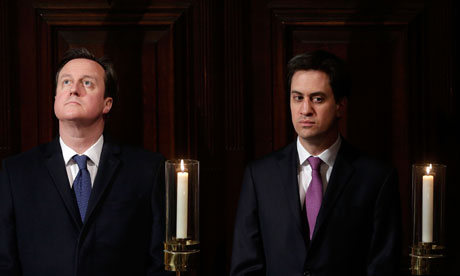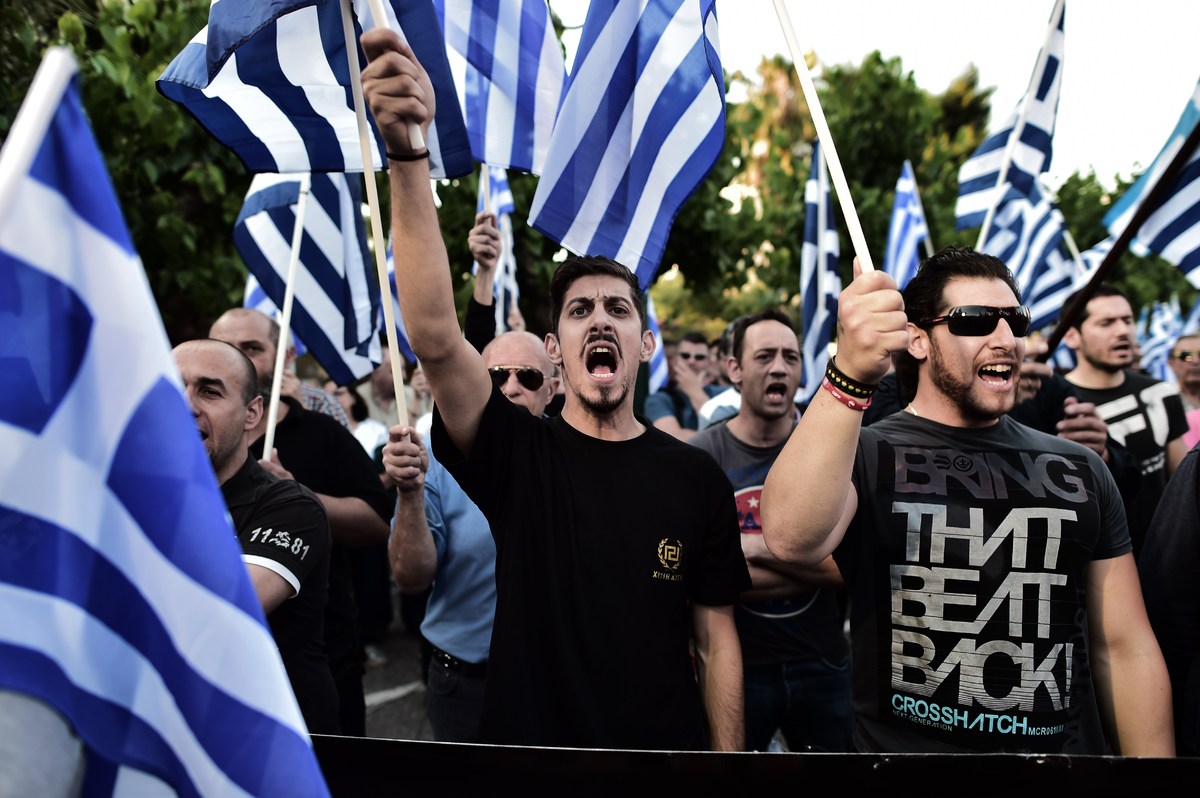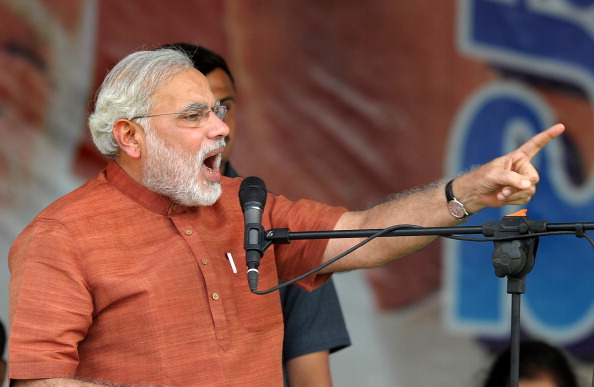 In the wake of the Local and European elections, the Liberal Democrats haven't exactly done well. In the locals, they lost over 300 councillors and control of 2 entire councils. In the Euros, the slaughter was even more impressive - of the eleven MEPs the party won in 2009, only one - Catherine Bearder - will travel to Brussels when the European Parliament reconvenes. By anyone's measure, that's not a good performance for a party which has made much of its recent ascension to become a viable party of government.
In the wake of the Local and European elections, the Liberal Democrats haven't exactly done well. In the locals, they lost over 300 councillors and control of 2 entire councils. In the Euros, the slaughter was even more impressive - of the eleven MEPs the party won in 2009, only one - Catherine Bearder - will travel to Brussels when the European Parliament reconvenes. By anyone's measure, that's not a good performance for a party which has made much of its recent ascension to become a viable party of government.One man who really couldn't have been looking forward to this particular set of elections is the Lib Dem leader, Nick Clegg. On the one hand, the party avoided total wipeout in Europe, which had been prophesied by a number of people, including some prominent party figures. On the other, though, this catastrophic collapse has triggered a fierce debate over whether Clegg is really the best man to lead the party into the next election. And that, for a leader already unpopular with the public (-26%, the worst of any party leader) and clinging on to power pretty much by the skin of his teeth, is going to be profoundly worrying.
But is a leadership challenge likely? The past few days have seen some turmoil in the Liberal Democrat party, but now the dust is beginning to settle, just how precarious is Clegg's position?
The Oakeshott Conspiracy
One of the biggest shakeups in the party has been the publication of a several ICM polls in Lib Dem-held seats - including Clegg's - which were commissioned by Lord Oakeshott, who until recently was an important figure within the party and a close ally of Vince Cable. These polls suggest that Clegg's chances of reclaiming his seat in Sheffield Hallam in 2015 are growing increasingly remote - The Lib Dems came only third in the poll, on 23%, with Labour winning on 31% and the Tories second on 26% (UKIP are fourth on 11%, the Greens fifth with 8% - NOTE: all figures based on those expressing an intention to vote).
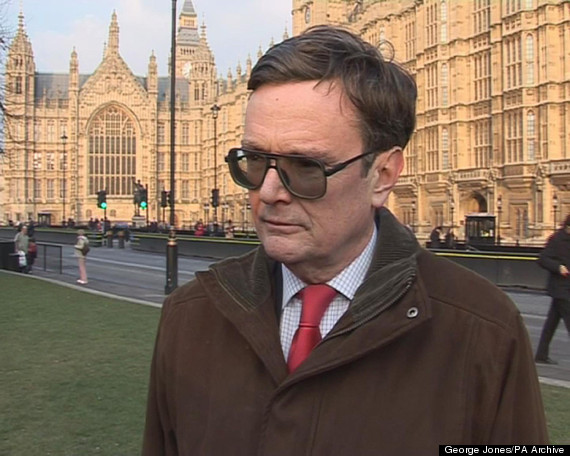
It must be emphasised that this is merely a snapshot - without the long-term polling which is conducted at a national level, it is impossible to tell if this result would be translated into a defeat for Clegg at the Geneal Election. However, it cannot be good for a party leader if one of his own is deliberately trying to undermine him in this way.
So what does this mean in terms of a possible leadership race? Well, Oakeshott - who was never really in the running anyway - has now left the party, solving that problem - at least for now. However, the fact that Oakeshott alleges that Cable - who is a possible contender - knew about the polling prior to its publishing may cause problems for Cable in the future. Meanwhile, even the suggestion that Clegg might lose his seat after the next election is going to be a godsend for the growing minority within the party who are calling for his head.
The Contenders
If there were to be a leadership election, who would it be between? There are, basically, four people in the party with the standing to take the top job. They are:
Jeremy Browne
 Browne is a man firmly on the right of the party, one of those hardline Orange Book liberals who believes very strongly in the Old Liberal principles of Gladstone and Asquith and not much that has happened to the party since. Having already accused his party of having become pointless, and having laid the blame for this pretty firmly at Clegg's feet, it is fairly certain that Browne would stand in any leadership contest. However, his right-wing credentials - much as they would win him the tacit support of the Tories - might well prove anathema to much of the Lib Dems' remaining progressive support base. A Browne leadership campaign would be an uphill struggle.
Browne is a man firmly on the right of the party, one of those hardline Orange Book liberals who believes very strongly in the Old Liberal principles of Gladstone and Asquith and not much that has happened to the party since. Having already accused his party of having become pointless, and having laid the blame for this pretty firmly at Clegg's feet, it is fairly certain that Browne would stand in any leadership contest. However, his right-wing credentials - much as they would win him the tacit support of the Tories - might well prove anathema to much of the Lib Dems' remaining progressive support base. A Browne leadership campaign would be an uphill struggle.Vince Cable
 As an experienced minister, a former Deputy Leader of the Party and a respected authority on economics within the Liberal Democrats, Cable has some fairly impressive credentials. However, there are a few stumbling blocks as well: As a high-profile coalition minister, he is tainted with almost the same toxicity as Clegg in terms of association with the Tories; his recent embroilment in the Oakeshott affair casts a certain shadow of disreputability over this previously squeaky-clean party figure; and, without wishing to put too fine a point on it, he's getting on a bit, and the tendency within British politics at the moment seems to be towards younger, more charismatic leaders. However, none of these obstacles are insurmountable, and Cable is respected enough by both wings of the party to stand a decent chance of success. One to watch.
As an experienced minister, a former Deputy Leader of the Party and a respected authority on economics within the Liberal Democrats, Cable has some fairly impressive credentials. However, there are a few stumbling blocks as well: As a high-profile coalition minister, he is tainted with almost the same toxicity as Clegg in terms of association with the Tories; his recent embroilment in the Oakeshott affair casts a certain shadow of disreputability over this previously squeaky-clean party figure; and, without wishing to put too fine a point on it, he's getting on a bit, and the tendency within British politics at the moment seems to be towards younger, more charismatic leaders. However, none of these obstacles are insurmountable, and Cable is respected enough by both wings of the party to stand a decent chance of success. One to watch.Tim Farron
 Champion of the left wing of the party, Farron has been President of the Liberal Democrats since January 2011 and has garnered a reputation for himself as something of a rebel, voting against tuition fee increases, NHS privatisation and the selling off of public forest estates. His left-wing credentials make him the perfect candidate to try to win back those Lib Dem voters who defected to Labour or the Greens after 2010, and his opposition to tuition fees might help to detoxify the party's image with respect to what was previously their main voter base - students. If I had to guess, I'd say Farron has the best chance of victory - though that could be my own confirmation bias, as he's certainly my favourite candidate - but he won't by any means have an easy run of it.
Champion of the left wing of the party, Farron has been President of the Liberal Democrats since January 2011 and has garnered a reputation for himself as something of a rebel, voting against tuition fee increases, NHS privatisation and the selling off of public forest estates. His left-wing credentials make him the perfect candidate to try to win back those Lib Dem voters who defected to Labour or the Greens after 2010, and his opposition to tuition fees might help to detoxify the party's image with respect to what was previously their main voter base - students. If I had to guess, I'd say Farron has the best chance of victory - though that could be my own confirmation bias, as he's certainly my favourite candidate - but he won't by any means have an easy run of it.Nick Clegg
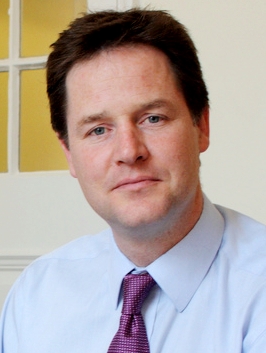 Let's not forget, just because a leadership contest may be looming, doesn't mean Clegg couldn't necessarily come out of it still standing. He has, after all, managed to get the Lib Dems into government for the first time since 1922 and still retains the support of the majority of the Parliamentary party and a significant proportion of the party grassroots. After everything the Lib Dems have done in coalition, from raising tuition fees to introducing secret courts where people can be tried and convicted without even knowing the charges against them, Clegg is still in power. At this stage, he really does look teflon-coated, and running against him won't be easy.
Let's not forget, just because a leadership contest may be looming, doesn't mean Clegg couldn't necessarily come out of it still standing. He has, after all, managed to get the Lib Dems into government for the first time since 1922 and still retains the support of the majority of the Parliamentary party and a significant proportion of the party grassroots. After everything the Lib Dems have done in coalition, from raising tuition fees to introducing secret courts where people can be tried and convicted without even knowing the charges against them, Clegg is still in power. At this stage, he really does look teflon-coated, and running against him won't be easy.Will it happen?
At this stage, I'd have to say - probably not. The fact is, whatever happens over the next year, the Lib Dems are headed for electoral devastation in 2015. I doubt they will be quite so crippled by the voters as they have been in the Euros - tactical voting to keep out either the Tories or Labour will still likely take place, whereas it doesn't under the proportional EU system - but they are going to take a hammering. With that looming on the horizon, who really wants to be the one to assume responsibility for the party? Going into 2015 without Clegg at the helm would probably gain the Lib Dems some votes, but not nearly enough to offset the damage coalition has done.
It makes far more sense for whoever has their sights set on the top job to wait until after the election. That way, they will have a far better chance of kicking Clegg out in the first place, and they can present themself as the party's saviour, swooping in to rescue the Lib Dems from the ashes of Nick Clegg's rule. When the challenge does come, it will be one of those above who emerges victorious - Danny Alexander, the only other party figure with the necessary clout, is very likely to lose his own seat - but anyone who seriously wants to make something of their leadership will wait until after 2015 to plunge the knife.


